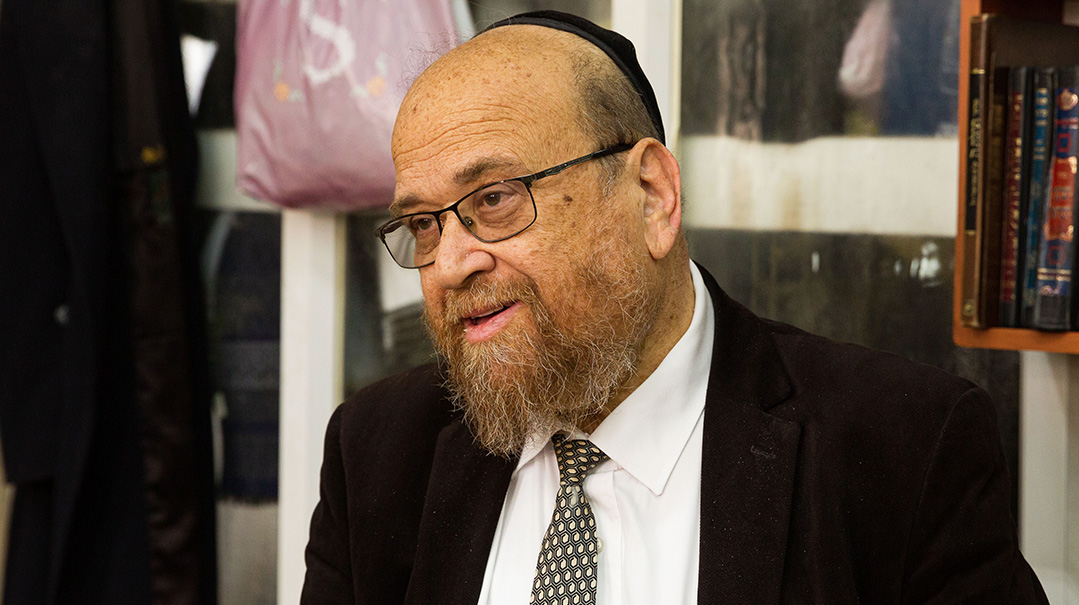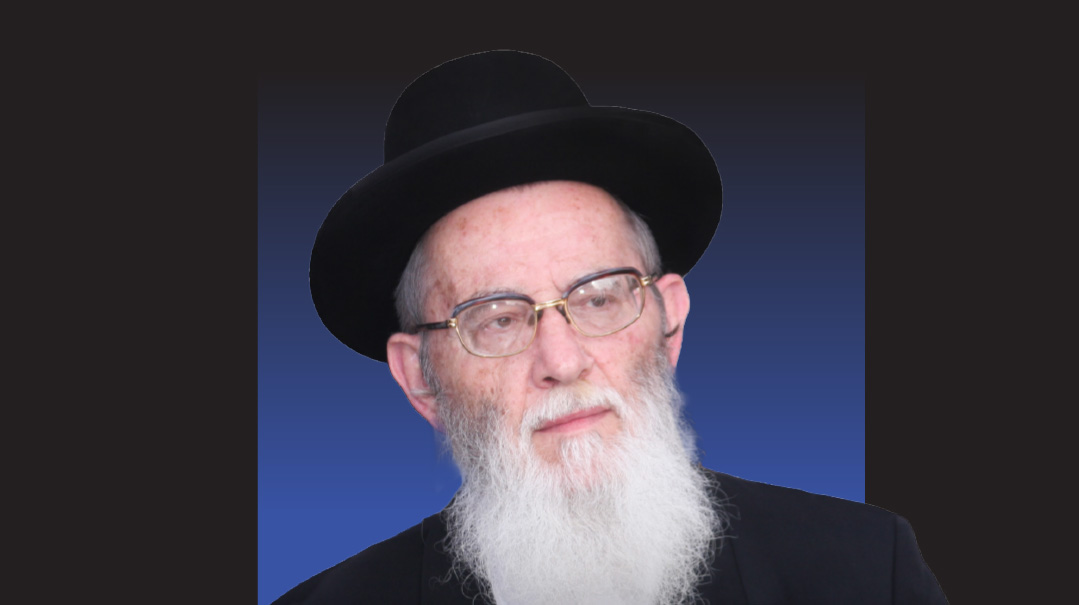We’re All Emissaries

In tribute to media advocate Yitzchak Nachshoni

Yitzchak Nachshoni a”h, the chareidi media maverick who shockingly passed away last week after a short illness, was a key player in helping Israel’s frum press come into its own.
Nachshoni, 69, was the founder of Yom Hashishi (originally called Erev Shabbos), the first independent commercial newspaper in the chareidi sector, and served as its editor for 18 years. More recently, he was publisher of the Merkaz Ha’inyanim newspaper chain and a regular commentator on chareidi radio stations. After learning in yeshivos Chevron and Itri, he did his IDF service at the Galei Tzahal army radio station, where he stayed for eight years as a news reporter and spokesman for the military rabbinate. His deep familiarity with both the religious and secular halls of power as well as their media made him an eloquent and respected representative of Israeli chareidi life to a wider, often hostile public.
He lived in the mixed city of Petach Tikvah, which he said helped him serve as a bridge between various sectors. “I walk to shul on Shabbos wearing a tallis, not because there’s no eiruv but because I think it’s important to impart a Jewish presence in the street on Shabbos. While there’s a price to living among not only fellow chareidim, I believe the kiddush Hashem that ensues makes it worthwhile,” he told Mishpacha in an interview during the Covid pandemic, when chareidim were being vilified as “virus spreaders.”
But although media was his business, he wasn’t one of those who would run to the papers to justify his sector or his lifestyle. “I know all the media figures in Israel,” he said, “and they make a living, among other things, from writing sensational headlines about the chareidim. You can take them ten times to see the Ponevezh beis medrash and eat cholent on Thursday night. But even if you succeed in convincing one journalist that what he’s witnessed is meaningful and good, that doesn’t mean he’s going to quit his job and start working for Mishpacha.
“I once told a journalist, ‘I get you, you need to earn a living by the sweat of your brow… But your job is even harder, because you have to create stories about me, so you really need to sweat a lot.”
Yet there was another side to him apart from the sharp-penned journalist who wasn’t afraid to write what he thought and fight for the truth without compromises or apologies. “That was one Reb Yitzchak. The other was the Reb Yitzchak who couldn’t bear to see another Yid suffer or be in pain,” says his older brother, Rav Moshe Nachshoni, rav of Rishon L’Tzion and a world-renowned authority on kashrus. “He was an ish chesed of the highest order, hosting all types of Jews at his table — even those miskeinim others tried to avoid — and used his vast network of connections to help anyone who turned to him.”
The two brothers, Rav Moshe and Reb Yitzchak, were always close, as the only sons of Holocaust survivors who lost their first families, remarried, and built a new life in Eretz Yisrael. Their father, Rav Yehudah Nachshoni, a chassid of the Chakal Yitzchak of Spinka zy”a, was an accomplished talmid chacham and writer of seforim, as well as the publisher of the Shearim newspaper of Poalei Agudas Yisrael.
“When a journalist marries off a child, you generally see politicians, government officials, and other members of the branja at the wedding,” says Rav Moshe, “but at Yitzchak’s children’s weddings, there were so many there who wouldn’t dare step into other weddings — people on society’s sidelines, down-and-out misfits — but Yitzchak was always warm and welcoming.”
He even used his home to do chesed, says Rav Nachshoni. “He lived in Petach Tikvah, next to Beilinson Hospital, and families of patients were always welcome at his long, plentiful Shabbos table. And it wasn’t only for meals or a charity boost. He spent hours each day reaching out to people who were in a position to help someone he knew.”
Reb Yitzchak passed away a week before the secular “March of Rage” on Bnei Brak. What would he have said to all those people waving their flags of hostility in the face of a peaceful population just trying to live their lives with their Torah values? Perhaps he would have answered them the way he did two years ago when the city was under a hostile media siege.
“When a secular person sees, for example, a frum father and son walking to shul together, he cannot fail to be impressed. When we live and act with the awareness that we’re ambassadors, a lot of the problematic images can be averted.”
Yehi zichro baruch.
(Originally featured in Mishpacha, Issue 962)
Oops! We could not locate your form.







